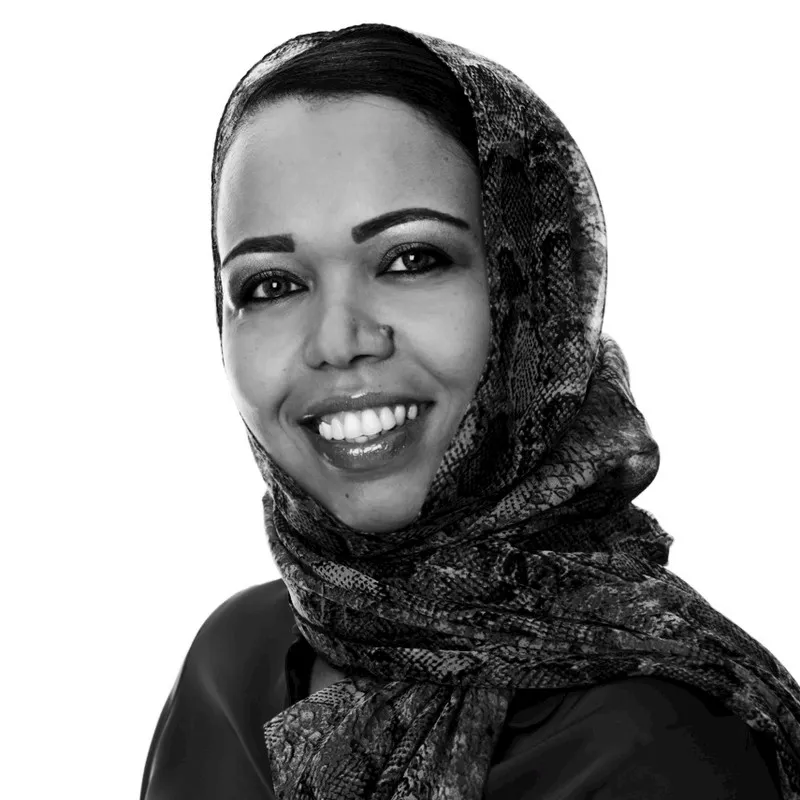Ivalua Named A Leader In The 2025 Gartner Magic Quadrant™ For Source-To-Pay Suites Report
View Report
Ivalua Named A Leader In The 2025 Gartner Magic Quadrant™ For Source-To-Pay Suites Report
View Report
Blog »

by Sara Omer
The pandemic was a wake-up call for businesses worldwide, who struggled to overcome operational disruption — everything from the transition to remote working, to supply chain chaos. Organizations in the Middle East and North Africa (MENA) were no exception — and these companies were particularly aggressive in their response.
In fact, a survey conducted by the Economist Intelligence Unit (EIU) found that 96% of respondents from the Middle East region were reconfiguring their supply chains in October 2020 — much higher than the global average of 83%. What’s more, PwC found that the average investment in risk management among MENA companies was $1.5 million, compared to $1 million in EMEA during the pandemic.
Why did MENA organizations react with such urgency? There are several reasons:
Cut off from these important imports, MENA companies sharpened their focus on transforming supply chains, as a means of becoming more resilient and agile. For the short-term, a shift to local production alleviated reliance on Asian suppliers and helped mitigate risk, but a longer-term solution will require identifying opportunities to optimize costs, find alternative suppliers and enhance supply chain visibility.
As MENA organizations continue to move aggressively toward digital transformation, many are adopting eProcurement platforms, to digitize and automate routine, time-consuming tasks throughout the source-to-pay process. These solutions also improve collaboration among organizations and suppliers, and enable procurement teams to leverage data analytics to optimize contract negotiations, payments, buying patterns and more. Such tools help procurement teams predict disruptions, assess risk, and make informed decisions to mitigate the impact of supply chain disruptions.
However, MENA countries face unique obstacles as they seize the opportunity to adopt new procurement technologies. Some local rules and regulations prohibit the digital signing of contracts, requiring them to be physically signed and stamped. Additionally, laws governing data usage remain ambiguous in the region. Whereas in developed economies, the digital economy contributes 18.4% of GDP on average, in Arab countries, that number is only 4%.
That may change — soon. Leading organizations in the region are spearheading digitalization, creating a renewed sense of urgency. Oil giant Saudi Aramco, for instance, plans to invest $7.5 billion in technologies that support digital transformation, such as AI, machine learning, robotics, 3D printing and cloud computing. As organizations such as these become adept at Industry 4.0 technologies, others will likely follow suit.
Governmental support will also be an important factor. With the UAE promising 100% 5G coverage by 2025 along with investments in IoT, AI and blockchain technologies, the road to digital transformation will be less bumpy for organizations in the region.
According to the Chartered Institute of Procurement & Supply (CIPS), 40% of firms surveyed reported that technical setup costs, long development times, lack of coordination and ongoing support costs are barriers to procurement digitization. While starting with a clear strategic vision is essential, these challenges will still need to be addressed.
To digitally transform successfully, MENA procurement teams will need to invest in process redesign and change management, and take steps to involve internal stakeholders early on. It’s also critical to have the right skill sets in-house — experts in data science, intellectual property and contract management are essential. With proper planning, the right talent and a modern eProcurement platform in place, opportunities for growth and productivity among MENA supply chains abound.
Download our whitepaper, The Digital Transformation Opportunity for MENA Supply Chains, for a deep-dive on this topic.

Sara Omer is a Senior Procurement Change Champion with an outstanding record of delivering complex eProcurement solutions for public and private sector clients, and in financial services, education and property development throughout the Middle East and North Africa. Sara currently leads the Ivalua eProcurement business in the Middle East region, and is a current Alumni of the Masters of Law in Public Procurement and Policy Program in Nottingham University.
She has been, and continues to be, leading in the role of consulting for regional public sector organizations in all matters related to Digital Procurement Transformation and Governance. Sara is the first African / Arab female member in the Board of Trustees of the Chartered Institute of Procurement and Supply (CIPS), and the first female Fellow of the institute among Arab women in the MENA region, with 20+ years of full-time experience in Procurement, SRM, Procurement Technology, procurement consulting and new technology markets’ expansion.